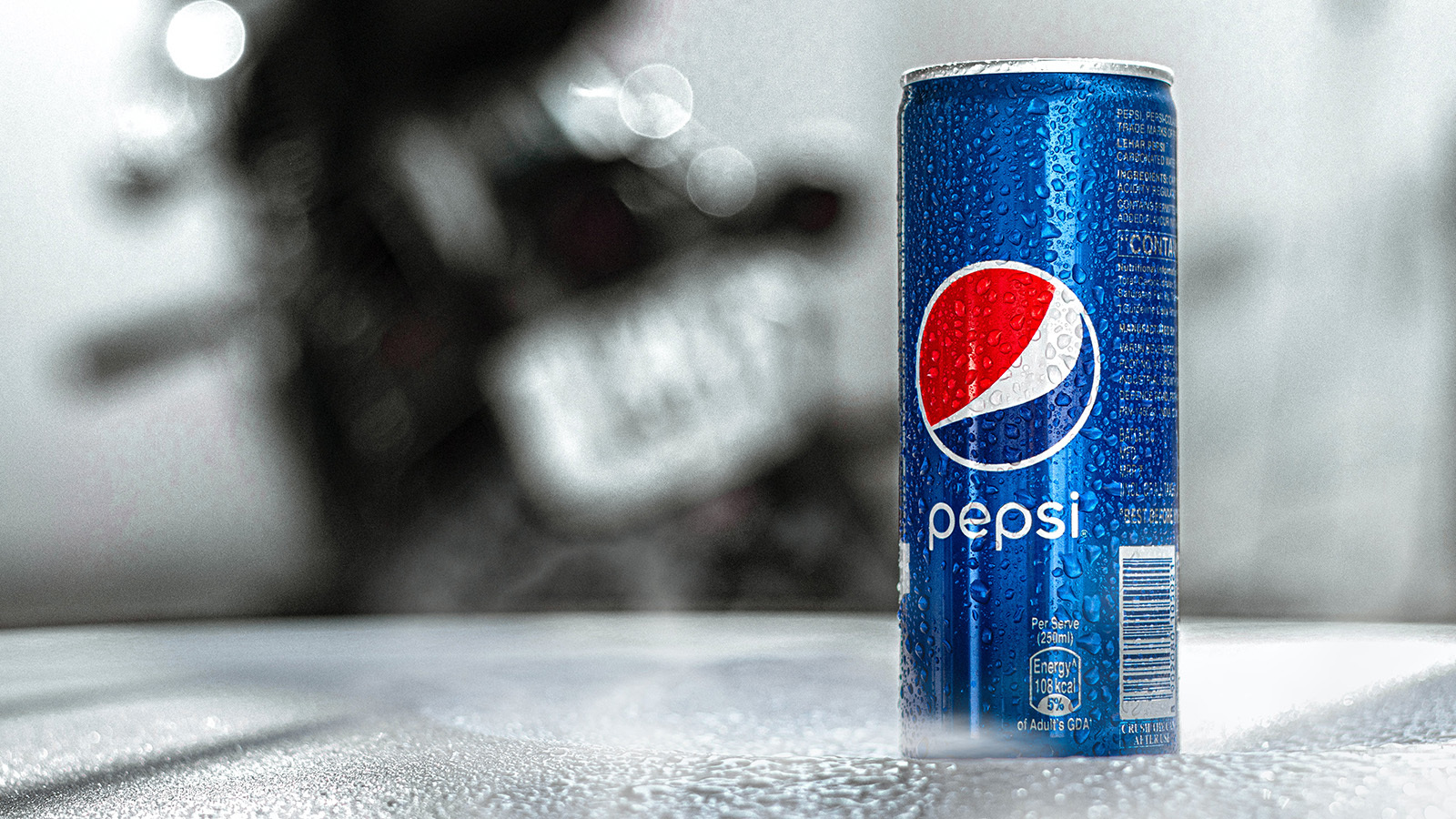PepsiCo has banned Indonesia-based Astra Agro Lestari’s palm oil from its supply chain, according to a recent Food Dive report.
“While PepsiCo does not source directly from AAL, we are engaging with suppliers who continue to source from them and have asked that they suspend the mills identified as being potentially linked to the grievance and underlying allegations,” the company said.
The beverage company is the latest out of various consumer goods companies, such as Hershey’s, Kellogg, Unilever, Nestlé and Procter & Gamble to ban palm oil from the conglomerate after it was accused of human rights abuse and land grabbing last year.
The ban was requested by the International Federation for Human Rights in a letter, noting AAL’s “sustained role in forcibly grabbing communities’ land, contributing to environmental destruction, negatively impacting communities’ livelihoods and criminalizing land and environmental human rights defenders.”
The accusations stemmed from an investigation conducted by the environmental group, Friends of the Earth in 2022, which reported alleged findings of 16,000 acres of local farmers’ land illegally occupied by AAL.
PepsiCo confirmed an active review plan surrounding the allegations against AAL as the American company enforces a “No Deforestation, No Peat, No Exploitation” policy. AAL has also appointed a third party to investigate the accusations.
An owner of numerous palm oil plantations in Indonesia, “AAL has said in the past that it is committed to upholding human, community and labor rights, and that it cooperates with farming communities in its supply chain,” the Food Dive report states.
Though PepsiCo is ranked as one of the top buyers of palm oil in the world, its acquired supply still accounts for less than 1% of total global supply, the company affirms. The palm oil industry is projected to skyrocket from $48.6 billion in 2022 to $70.2 billion by 2029 amid its demand for the production of food, cosmetics and other consumer products.

